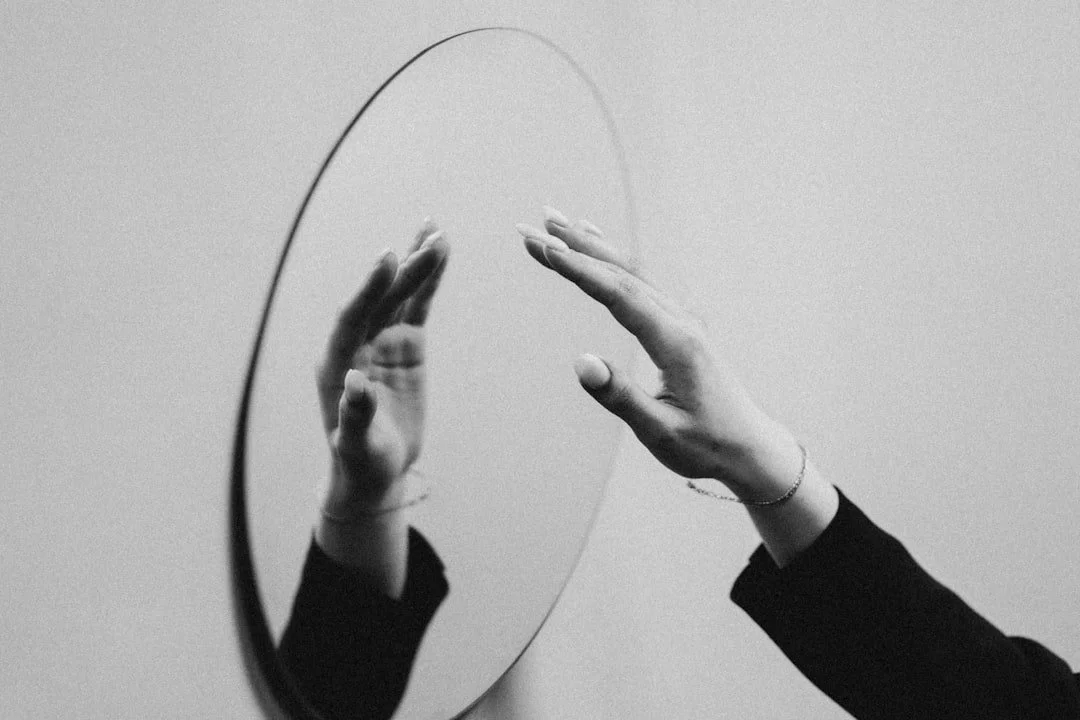Facing the Mirror: Self-Reflection Is the First Step Toward Healing
Why self-reflection is both painful and necessary for real change.
Early in the therapeutic relationship, we often arrive at a point I call “a look in the mirror.” This is the moment when a client is confronted with the realities of their choices, behaviors, or experiences and challenged to see themselves differently than they have in the past. How a person responds to this moment varies widely, and their response often tells me a lot about the trajectory of our work together.
It’s not uncommon for clients to have an emotional reaction when faced with their reflection. In fact, it’s expected. Seeing yourself from a new perspective can be painful, unsettling, or even disorienting. But what interests me most is not the immediate emotional reaction, but how someone responds after having faced themselves in the mirror.
For some, that pause in the mirror becomes a motivator. Even though it’s painful, the clarity is welcome. These clients embrace the new perspective, using it as fuel to make different choices and take new steps forwards.
For others, the mirror provokes anger. And it’s not unusual for that anger to be hurled towards the therapist for holding up the reflection they’ve worked so hard to avoid. The truth is, not everyone is ready, or willing, to see themselves at their most raw and vulnerable. Not everyone wants to face their weaknesses or engage in difficult, sustained work of change.
This is not a judgement. I respect that for many people, the mirror feels too heavy to bear. Looking at your faults, admitting your wrong doings, making amends, and building a new way forward requires enormous effort and feels impossible without strong support. My work is with those who are ready to embark on that journey, who are willing to face themselves, flaws and all, and take accountability for their lives.

